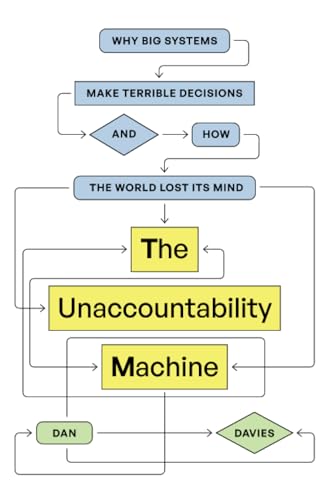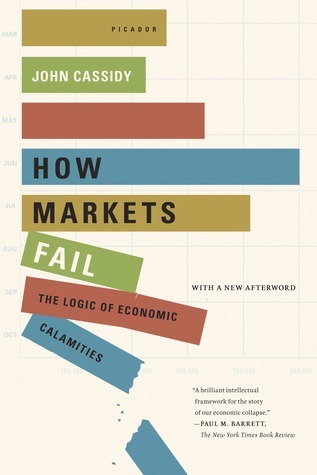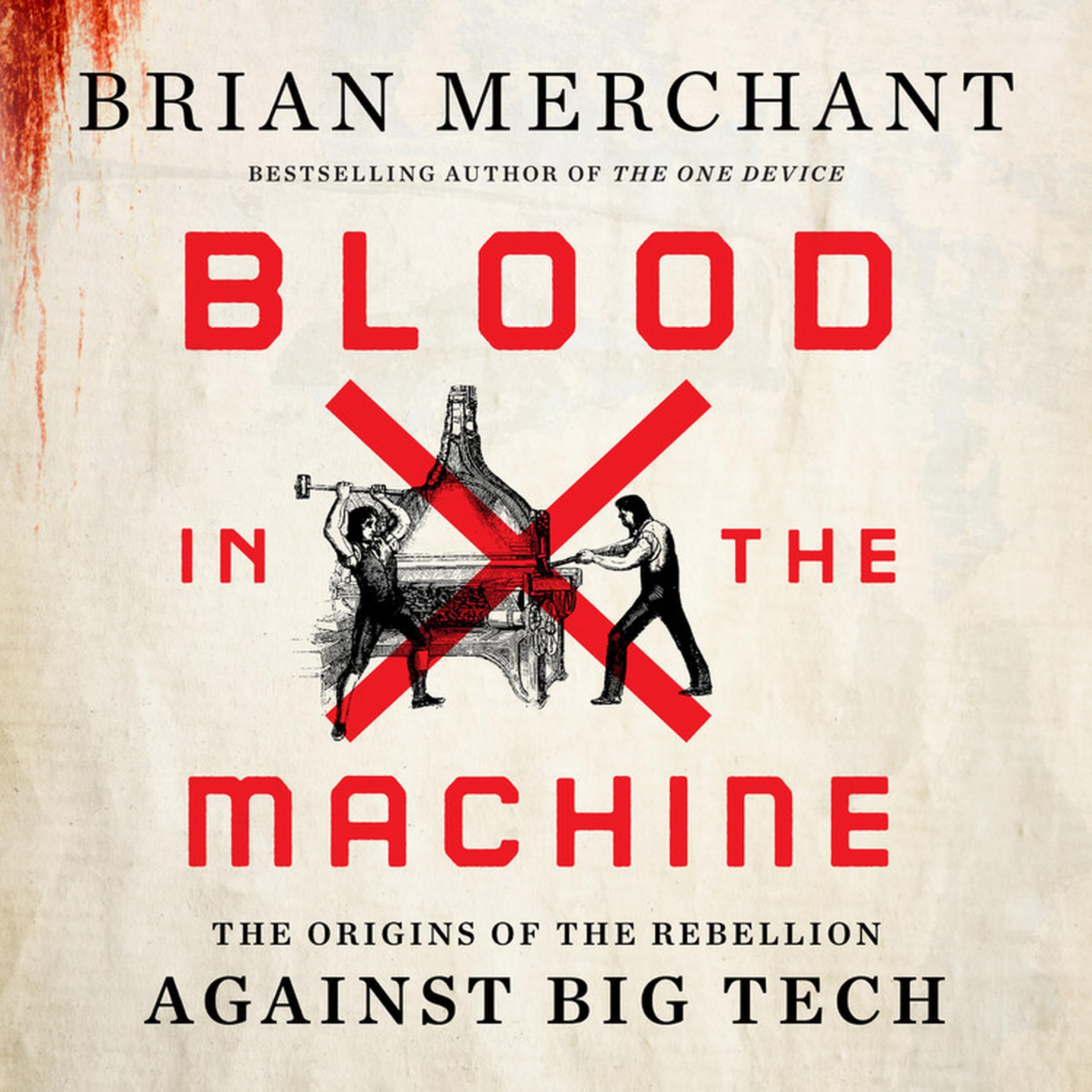
The Unaccountability Machine: Why Big Systems Make Terrible Decisions—and How the World Lost Its Mind
Book Description
What if the very systems designed to keep society in check are the ones leading us astray? In "The Unaccountability Machine," Dan Davies delves deep into the web of bureaucracy, technology, and human fallibility that has unleashed chaos in decision-making at every level. He unveils the treacherous pitfalls of big systems, revealing how they prioritize protocol over people, often with disastrous consequences. As chaos reigns and accountability slips away, communities suffer and trust evaporates. Can the world reclaim its sanity from the clutches of unaccountable forces, or is it too late to turn the tide?
Quick Book Summary
"The Unaccountability Machine" by Dan Davies explores why large systems—whether technological, bureaucratic, or corporate—routinely make disastrous decisions with little accountability. Davies argues that as organizations scale, the mechanisms meant to promote order and efficiency can actually sow confusion and irresponsibility. By focusing on protocols over people, these systems create environments where blame is dispersed and genuine oversight erodes. As Davies lays out gripping case studies and sharp analysis, he reveals how these dynamics undermine public trust and threaten the fabric of society. The book ultimately asks whether it is possible to reclaim effective decision-making and restore accountability in a world increasingly governed by impersonal systems.
Summary of Key Ideas
Table of Contents
How Bureaucracy Breeds Irresponsibility
Davies begins by explaining how bureaucracy, originally intended to create order and fairness, has become a shield for irresponsibility. In massive organizations, the diffusion of responsibility often means no one is truly accountable for outcomes, especially when disastrous decisions are made. At every level, protocols can be invoked to justify or excuse failures, and the sheer complexity of procedures makes it nearly impossible to assign blame or correct errors. This pattern is pervasive in government, corporations, and even global institutions.
The Limits of Technological Solutions
Technology, often touted as a panacea for organizational ills, can exacerbate the problem. Davies analyzes how systems such as automated decision-making tools, risk models, and AI-driven platforms can deepen the gulf between decisions and accountability. Algorithms may produce outcomes that affect millions, but their complexity renders them inscrutable to most, leaving decision-makers to hide behind technical jargon or blame ‘the system,’ presenting a new frontier for irresponsibility.
Protocols vs. Human Judgment
The prioritization of protocols over human judgment is another critical theme. Davies details how institutions become obsessed with compliance and measurement at the expense of nuance or empathy. Rules and checklists are followed to the letter, yet this rigid adherence can lead to absurd outcomes—sometimes catastrophic. In such environments, workers are incentivized to do only what the system asks, even when it defies common sense or harms those the system is supposed to help.
The Dissolution of Public Trust
As these trends persist, Davies shows how public trust is eroded. When people perceive that institutions are unresponsive and incapable of learning from errors, cynicism spreads. High-profile failures linked to bureaucratic or technological ‘unaccountability machines’ have caused entire communities to lose faith in both public sector and corporate actors. The resulting disconnect fuels social divisions and undermines the legitimacy of key institutions.
Reclaiming Accountability in Big Systems
The book ends by asking whether (and how) society can reclaim accountability amid these massive forces. Davies explores initiatives that aim to restore genuine oversight—ranging from institutional reforms to grassroots movements demanding transparency and responsibility. While he acknowledges that the challenge is daunting, Davies offers hope that with deliberate effort and structural changes, big systems can be made more responsive, fair, and ultimately accountable to the people they serve.
Download This Summary
Get a free PDF of this summary instantly — no email required.





